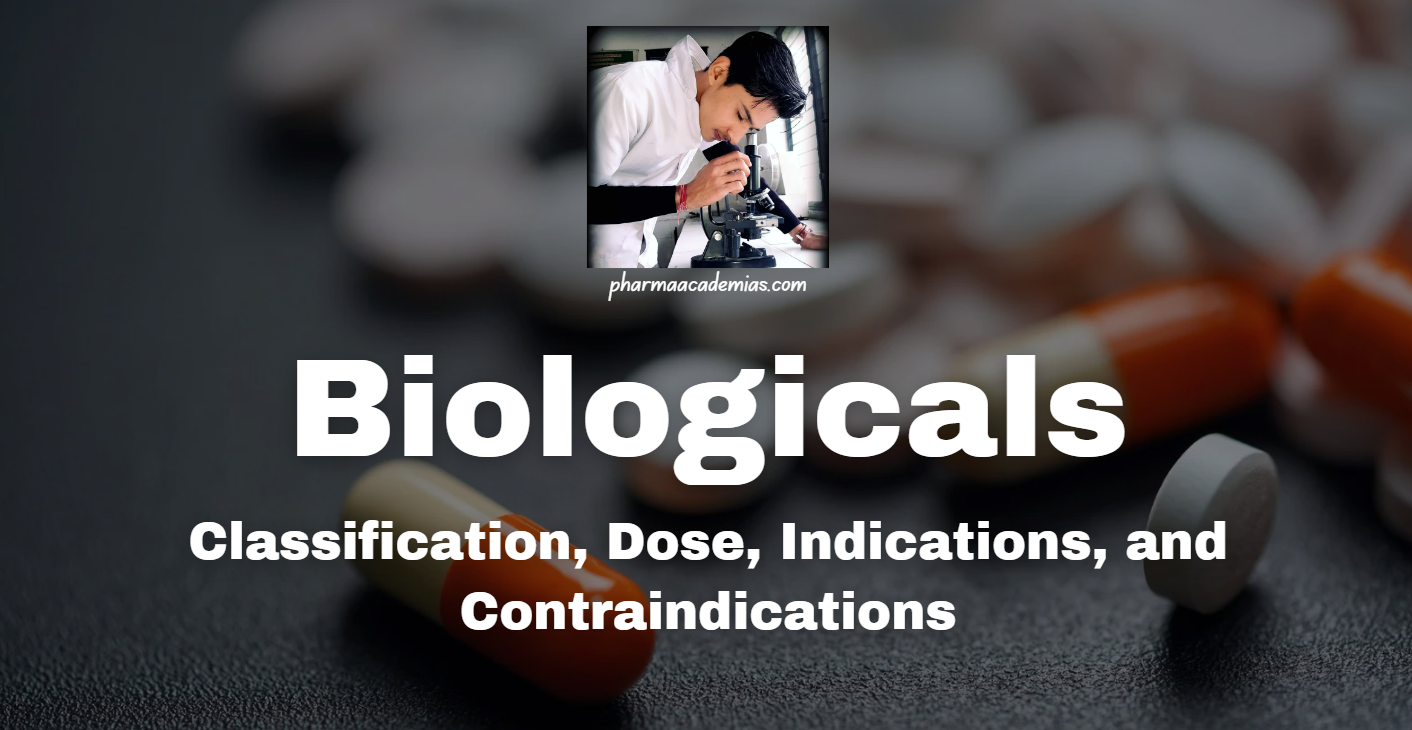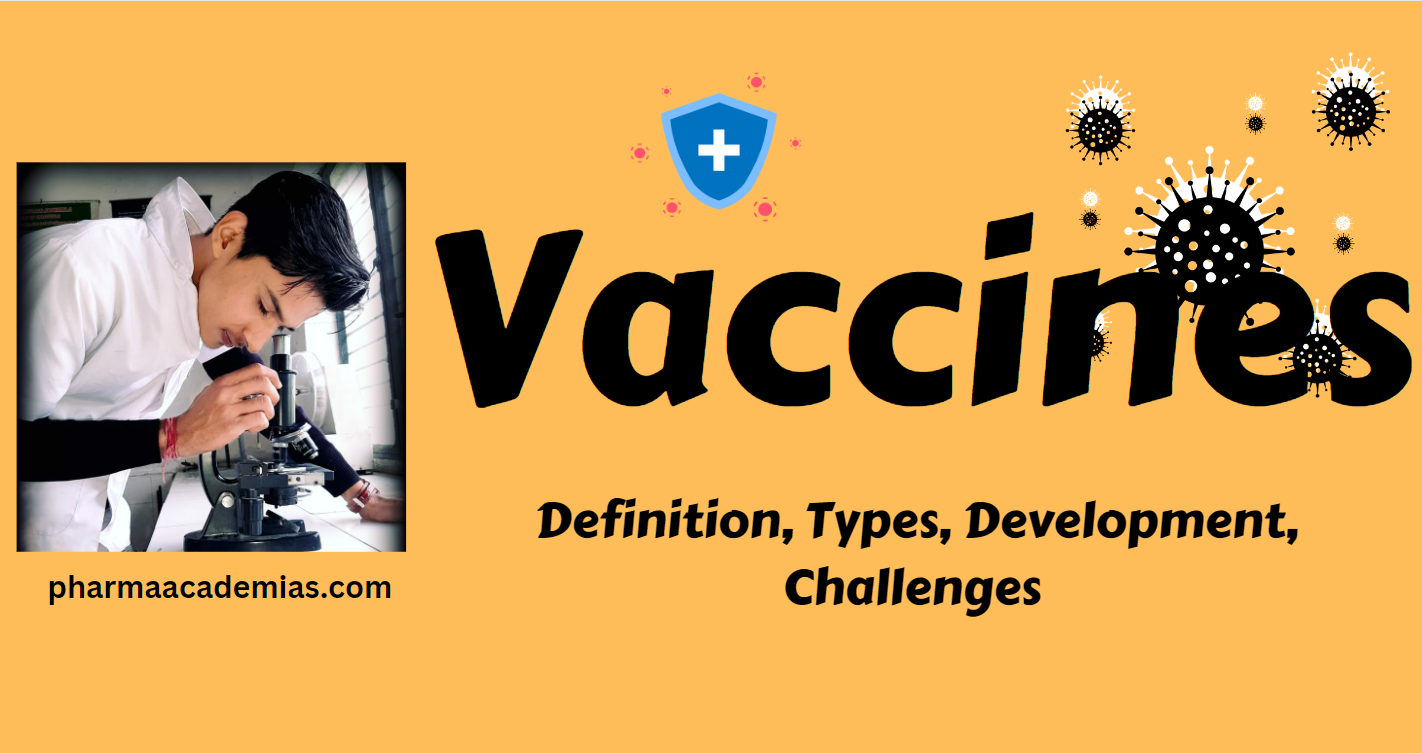Biologicals: Definition, types, and indications of biological agents with examples
Biologicals, often referred to as biologics, are pharmaceutical products derived from living organisms or containing components of living organisms. These products can include vaccines, blood or blood components, allergenics, somatic cells, gene therapies, tissues, and recombinant therapeutic proteins. Unlike traditional chemical drugs, which are synthesized through chemical processes, biological drugs are typically manufactured through biotechnological … Read more




